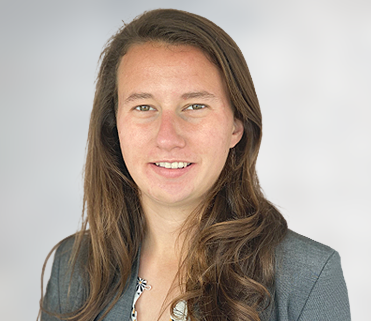Michaela Levine joined E3 in 2020 after completing her master’s degree in Civil and Environmental Engineering at Stanford University. She works primarily in E3’s distributed energy resources practice area to help utilities, states, and municipalities meet decarbonization goals through transportation and building electrification.
Michaela sees climate change as one of the biggest challenges of our time and is passionate about building a more just society through the clean energy transition. Michaela was drawn to E3 by the opportunity to work on impactful projects that are analytically rigorous.
Prior to joining E3, Michaela researched electric vehicle grid integration as a research assistant at SLAC National Accelerator and an intern at Weave Grid. As a sustainability fellow at the Burlington Electric Department, she researched best practices in integrated resource planning and explored opportunities for the utility to better leverage distributed energy resources.
Outside of work, Michaela enjoys hockey, skiing, biking, and hiking.
Education: MS, Civil and Environmental Engineering, Stanford University; BA, Geoscience with a Concentration in Environmental Studies, Williams College
FULL E3 TEAM



